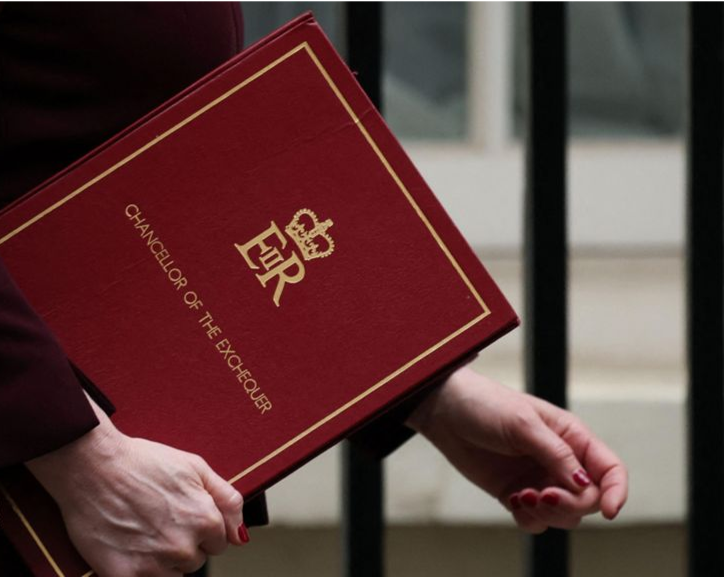

News & Insights | 27th March 2025
Wealth Planning
3 Min Read

The Spring Statement 2025 has presented a mixed outlook for the UK economy, with growth forecasted at 1.0% for the year. While this represents modest progress, it is an improvement on previous estimates, with the Office for Budget Responsibility (OBR) now expecting growth to rise to 2.0% in 2026 before moderating in subsequent years. Despite this upward revision, longer-term projections remain subdued, with annual growth not expected to exceed 1.9% by the end of the decade.
Inflation also remains a concern, with the OBR forecasting an average of 3.2% for 2025, despite the freshly released figure of 2.8% for February, which came in slightly below expectations. Looking to the long term, the Bank of England does not currently expect inflation to return to its 2% target sustainably until 2027.
This persistent inflation, alongside the Bank of England’s decision to hold interest rates at 4.5%, highlights the critical need for long-term financial planning. Our investment approach is designed to ensure portfolios are aligned with inflation-linked targets, helping to preserve and grow value in real terms despite economic pressures. Although markets have suffered some setbacks in recent weeks, the economic indicators we use in our investment process still suggest a neutral stance, ensuring a balanced investment approach as markets remain sensitive to potential policy shifts both at home and abroad.
Contrary to speculation, the Chancellor did not announce any immediate changes to Cash ISAs. This means your current ISA allowances remain unchanged, both for now and for the new tax year starting on 5th April. However, there are hints that reforms to Cash ISAs may be considered in the future, possibly in the Autumn Budget.
The previously announced changes to Stamp Duty Land Tax are also still due to come into effect from 1st April 2025. As a reminder, these changes include a reduction in the standard nil-rate threshold from £250,000 to £125,000. First time buyers will also see their threshold decrease from £425,000 to £300,000, alongside a decrease in maximum purchase price eligible for First-Time Buyers Relief from £625,000 to £500,000. Investors purchasing additional properties will face an increased surcharge of 5.0%.
These changes will naturally increase the cost of buying property, particularly for first-time buyers and buy-to-let investors.
On taxation, while no increases were made to income tax rates or thresholds, fiscal drag will continue to affect taxpayers, with frozen thresholds meaning that more individuals will fall into higher tax bands, or potentially lose eligibility for government-subsidised childcare benefits. Based on current policy, personal tax thresholds are not due to start rising again with inflation until April 2028.
Pension rules remain unchanged, though we continue to await clarification on proposals to make pension death benefits subject to inheritance tax from April 2027.
While the Spring Statement didn’t introduce major new measures directly affecting private clients, the overall economic picture remains at a crossroads, and we remain committed to helping our clients navigate any tax reforms or policy shifts, as they arise.